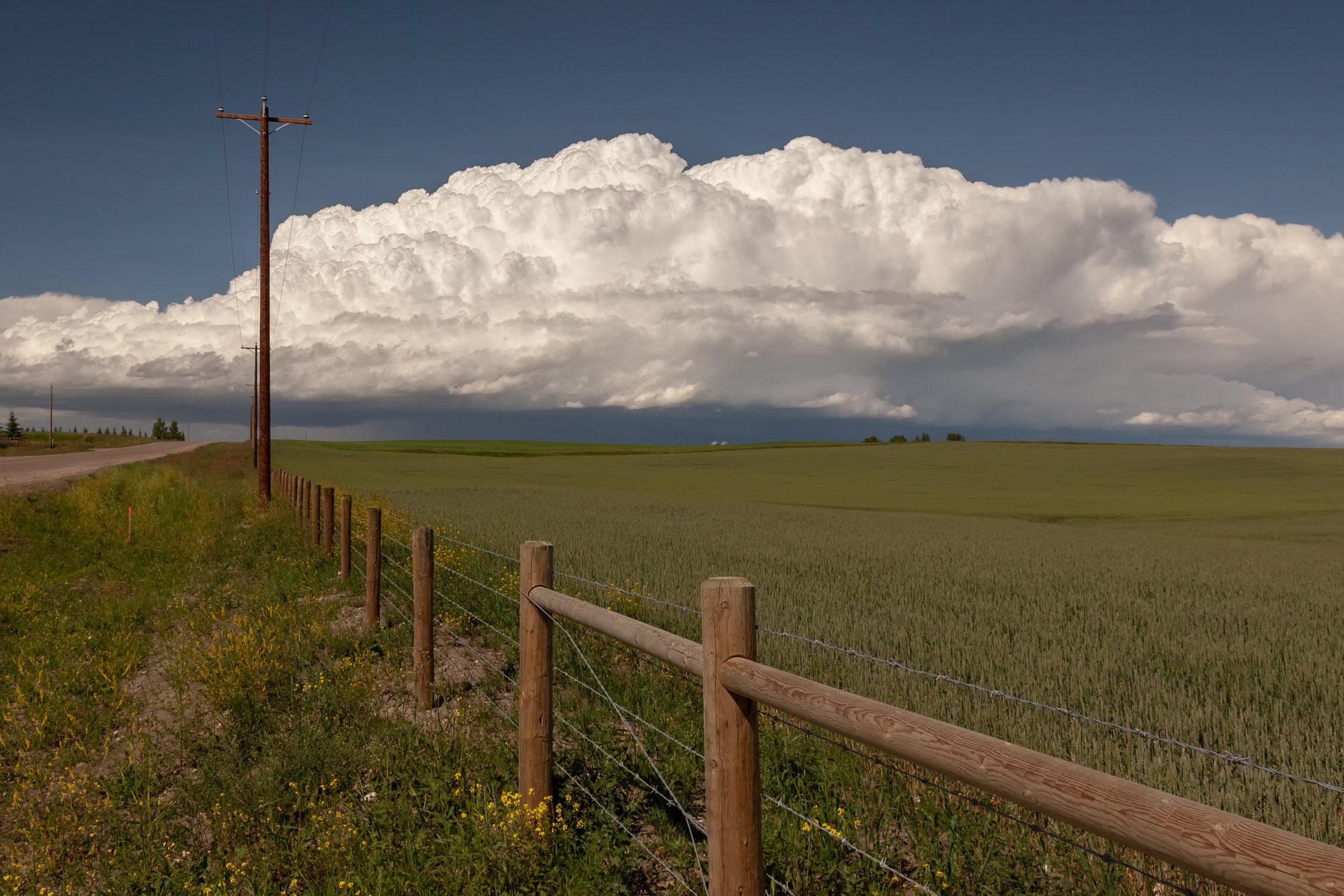Exploring the difference between sadness and depression
In our journey through life, we navigate a spectrum of emotions- from the highs of happiness and excitement to the lows of sadness and despair. These emotions, even the uncomfortable ones, are a natural part of the human experience.
Sadness is something that we all encounter, and it arises for many reasons. Maybe you missed out on a job opportunity, had a fight with a friend, or a loved one passed away. While sadness may not be the most pleasant emotion, it’s important to remember that it’s a normal response to some of life’s challenges.
But knowing the difference between regular sadness and something deeper like depression, isn’t always easy. So how can you tell if you’re just sad, or if you’re experiencing something more serious?
Sadness can feel like depression in many ways, but there are some differences. When you’re depressed, you might have a sense of hopelessness, or feel like you can’t get out of bed due to lack of energy and wanting to be left alone. One of the key differences between sadness and depression lies in the duration of these feelings. While sadness often fades within a few days, depression persists for at least two weeks or longer, often without signs of improvement.
There are exceptions. Grief, for instance, can prolong feelings of sadness after experiencing a significant loss. While this is a natural reaction, the feelings should gradually ease over time.
Another key difference lies in their triggers. Sadness usually arises from specific events, while depression can loom without a clear cause. Depression can cast its shadow over every aspect of your life. It can come about regardless of your circumstances, relationships, or any particular event in your life.
When you’re depressed, you experience different thoughts, feelings, and physical symptoms. While it can look different for everyone, here are some common warning signs:
Withdrawal from loved ones
Loss of interest in the activities you once enjoyed
Persistent fatigue
Feelings of worthlessness and hopelessness
Difficulty concentrating
Sleeping too much or too little
Changes in appetite
Suicidal thoughts
Whether you're dealing with sadness or suspect you may be experiencing depression, it’s always best to seek help. Start by confiding in a trusted healthcare provider. They can offer insights into your emotions and rule out any underlying physical factors that may be contributing to your emotional state.
Be gentle with yourself as you navigate these emotions. Even the smallest steps can make a big difference to your mental health. Take a short walk outdoors, reach out to a friend, or engage in a hobby- even on the days you don’t want to. Each action, no matter how small, can help motivate you and bring a sense of accomplishment.
If you notice that your state of mind isn’t improving, don’t hesitate to reach out for help. Depression is highly treatable and seeking help early leads to faster and better results. Taking that first step is often the hardest, but it's what will ultimately lead you to feeling better. A counsellor can help set you up with the tools to navigate these emotions and get you back to feeling like yourself.
If you or someone you know is struggling, we can help. We have no waitlist or financial barriers, feeling better is within everyone’s reach. Learn more about our services.
Information for this blog was provided by Elisa Lutz and Deborah Kieran, registered psychologists, and Tina Larkin-Black, registered social worker.

